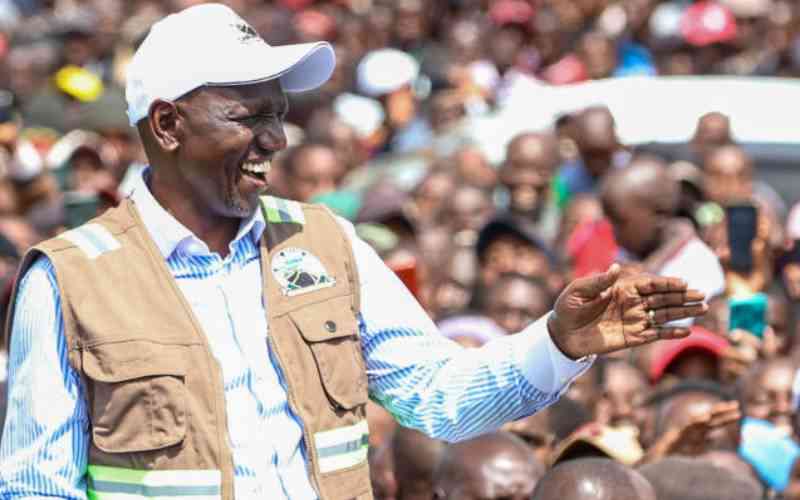×
The Standard e-Paper
Read Offline Anywhere

Audio By Vocalize

The Shakahola tragedy in Kilifi County is President William Ruto's first test as a moral leader.
Whether he likes it or not, Kenyans look to him to embody the terms of our social contract. This is especially true since he likes to cast himself as a religious man prone to liberally citing scripture.

